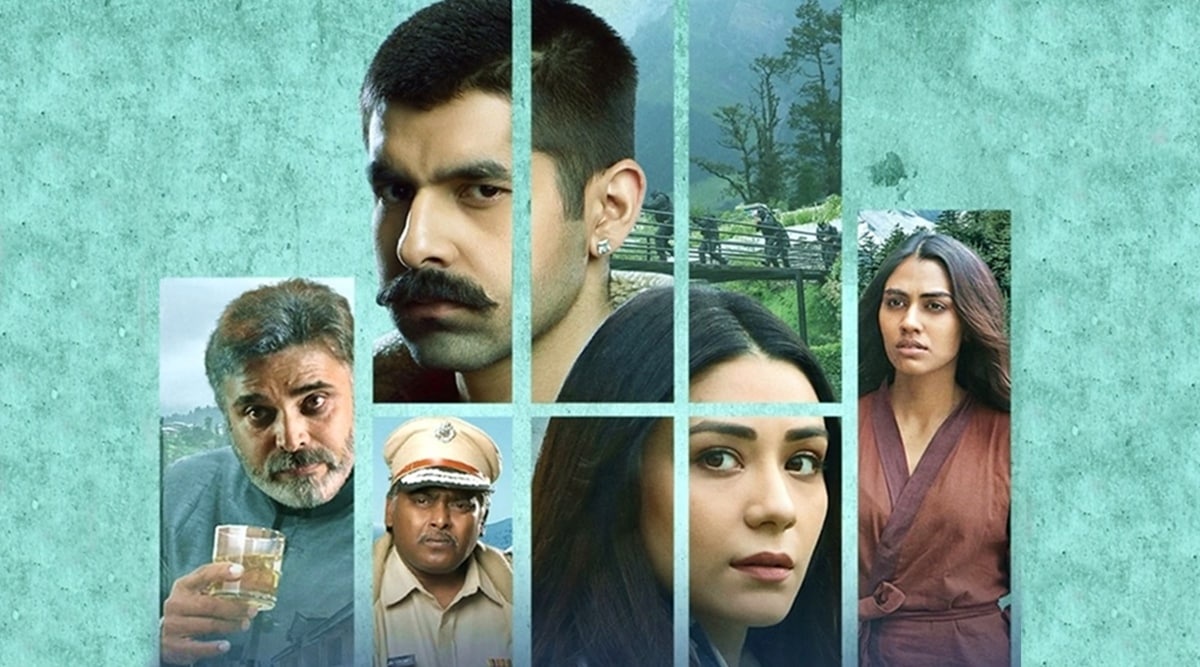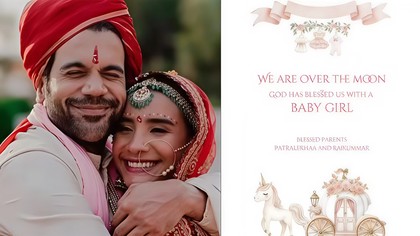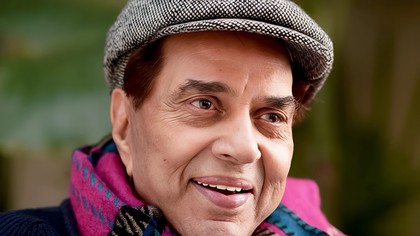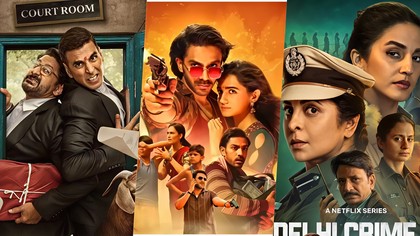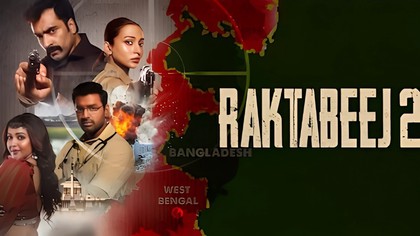In a media landscape where disclaimers are longer than trailers and where creators often self edit to avoid backlash, a few series have somehow slipped through or maybe stormed through the cracks. These aren’t just edgy for shock value. They’re raw, politically charged, sexually explicit, or emotionally violent. And still, they made it to major platforms without being pulled back by the scissors of censorship.

Take Qubool Hai?, a lesser known gem on Discovery+, which stunned audiences with its portrayal of Hyderabad’s underage bride racket. Based on real events and filmed in a documentary drama hybrid style, it featured unfiltered testimonies and reenactments so jarring that it felt like watching truth unfold in real time. That it didn’t attract the wrath of social conservatives is a miracle in itself.
Then came Tandoor on Voot Select, a fictionalized take on a real life case where a man murdered his wife and tried to dispose of her body in a tandoor. The show didn’t just depict violence it showed how obsession turns to horror, in chilling detail. What made it unsettling wasn’t the crime, but how eerily intimate the lead performances were, making the viewer feel complicit.
On SonyLIV, Undekhi caused more than just a ripple. Opening with a bride being shot point blank at a wedding, the series didn't flinch from portraying the sheer audacity of privilege and power. There were no cuts made to soften the blow, no sugarcoating of the social elite’s worst behaviors. It was chaotic, dirty, and disturbingly real and the fact that it was allowed to stream as is raised eyebrows.
Pati Patni Aur Panga, a lesser seen series on MX Player, tackled the rarely explored subject of gender identity and transphobia in Indian marriages. For a comedy, it went surprisingly bold, even controversial, with dialogues and scenes that would never make it into traditional television. While its execution wasn’t perfect, its gutsy premise made it worth noting.
Kaafir, which premiered on ZEE5, didn't go the gore or scandal route, but it still questioned national narratives in a way few others dared to. It followed a Pakistani woman imprisoned in India under suspicion of being a terrorist. The show boldly pointed at border paranoia, systemic injustice, and public indifference all while being wrapped in a deeply human story.
And then there was Code M on ALTBalaji. A military procedural that wasn’t afraid to touch raw nerves caste politics, cover ups, and sexuality within the army all framed under the guise of a murder investigation. It made statements most shows would avoid entirely, and didn’t blink while doing it.
Each of these shows managed to hit platforms without being buried in controversy or getting pulled midway. Perhaps it’s a sign of change. Perhaps it’s a loophole. Or maybe it’s proof that Indian storytelling, when it decides to be brave, can sneak powerful narratives into the mainstream. Not because censors missed them, but because the audience was finally ready.
Follow Binge Moves on Instagram and Facebook for more unfiltered takes and powerful recommendations that you won’t find anywhere else.

